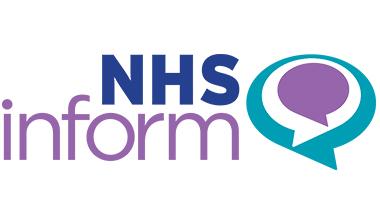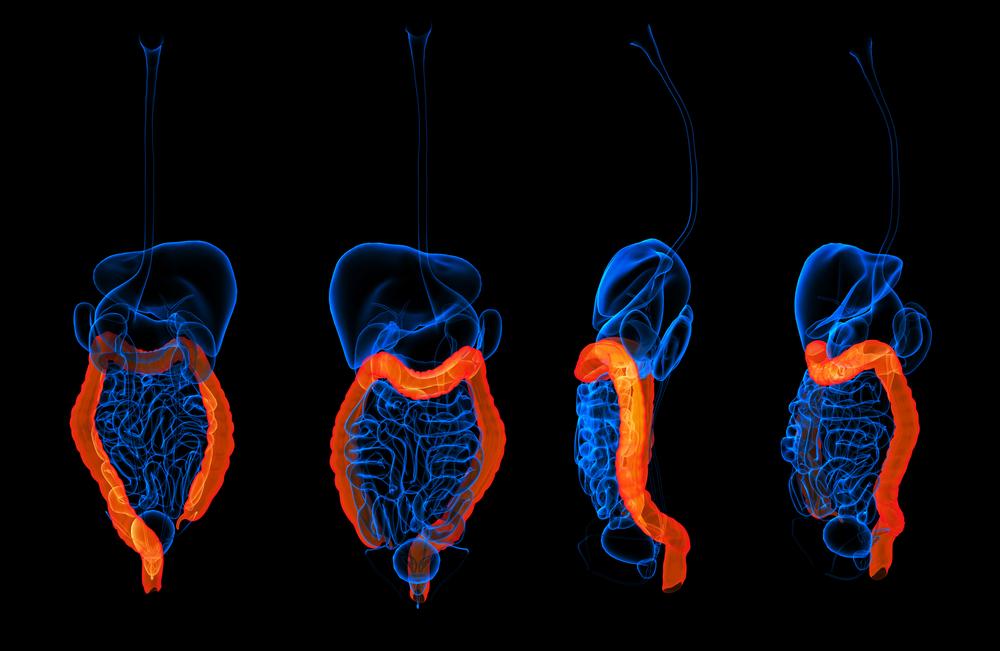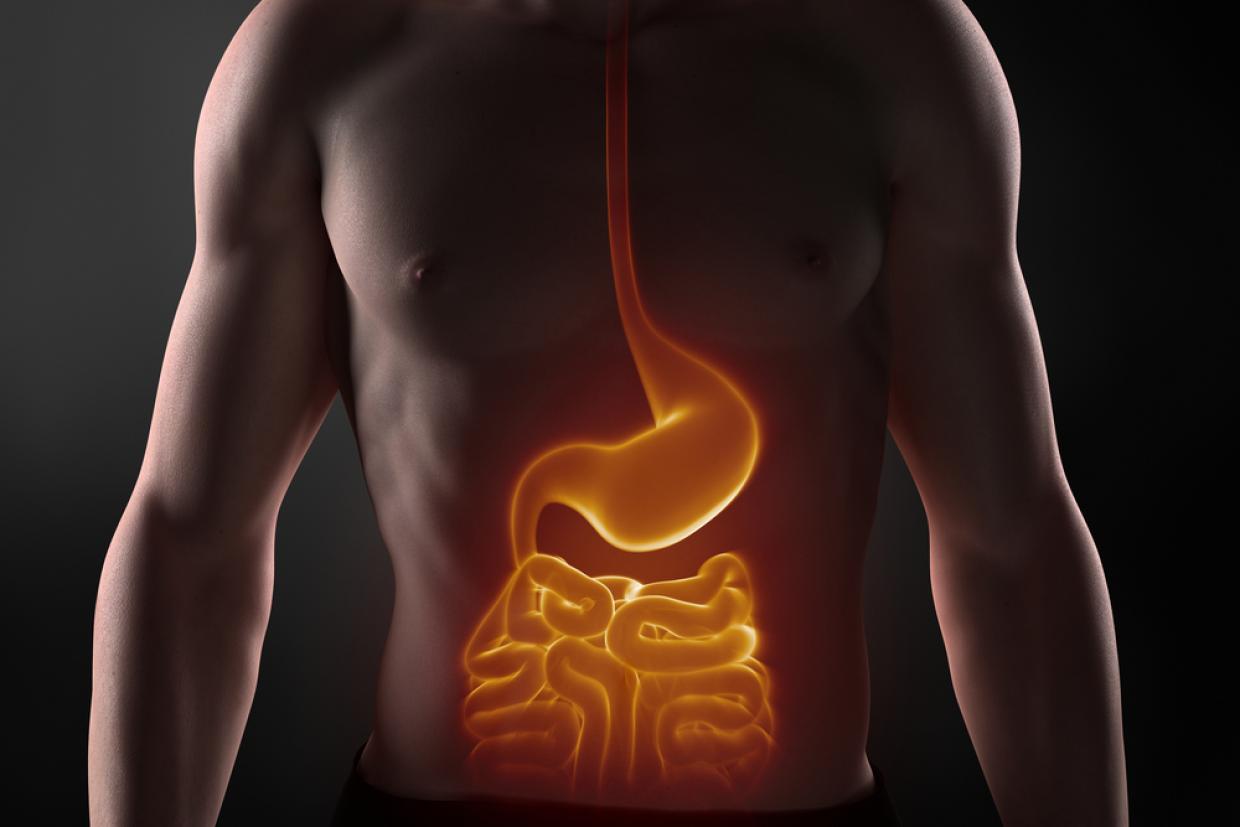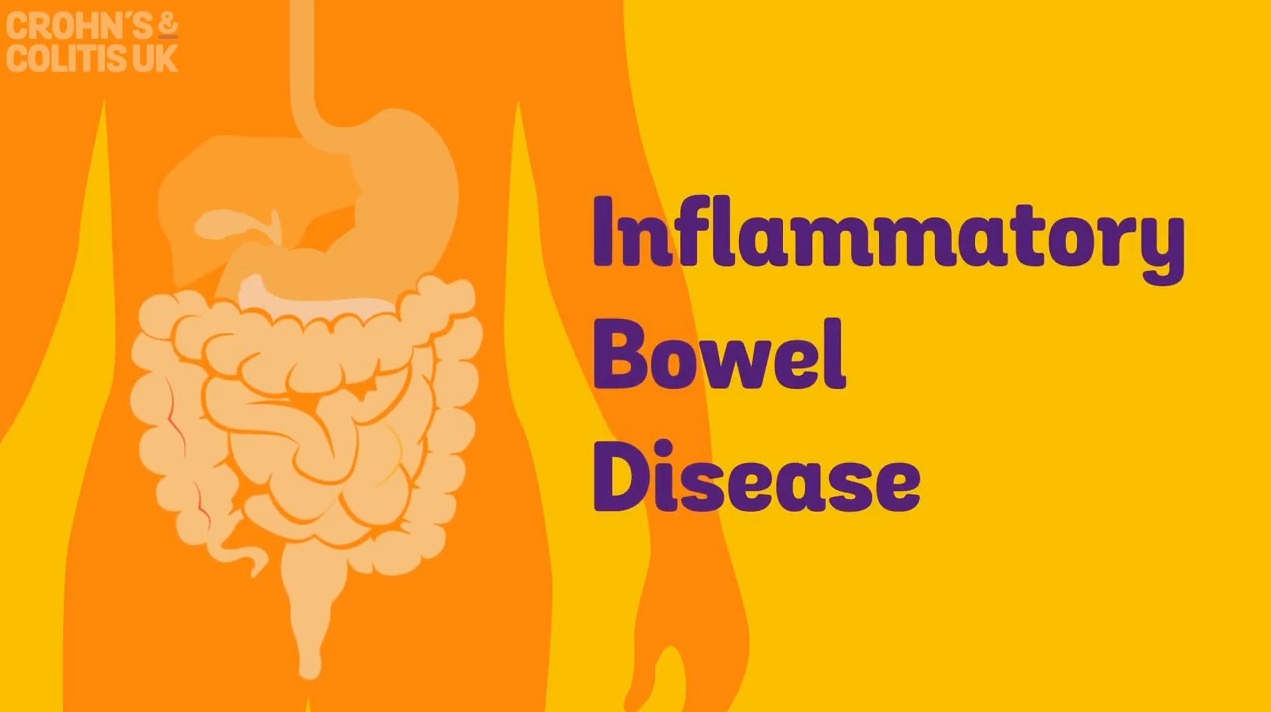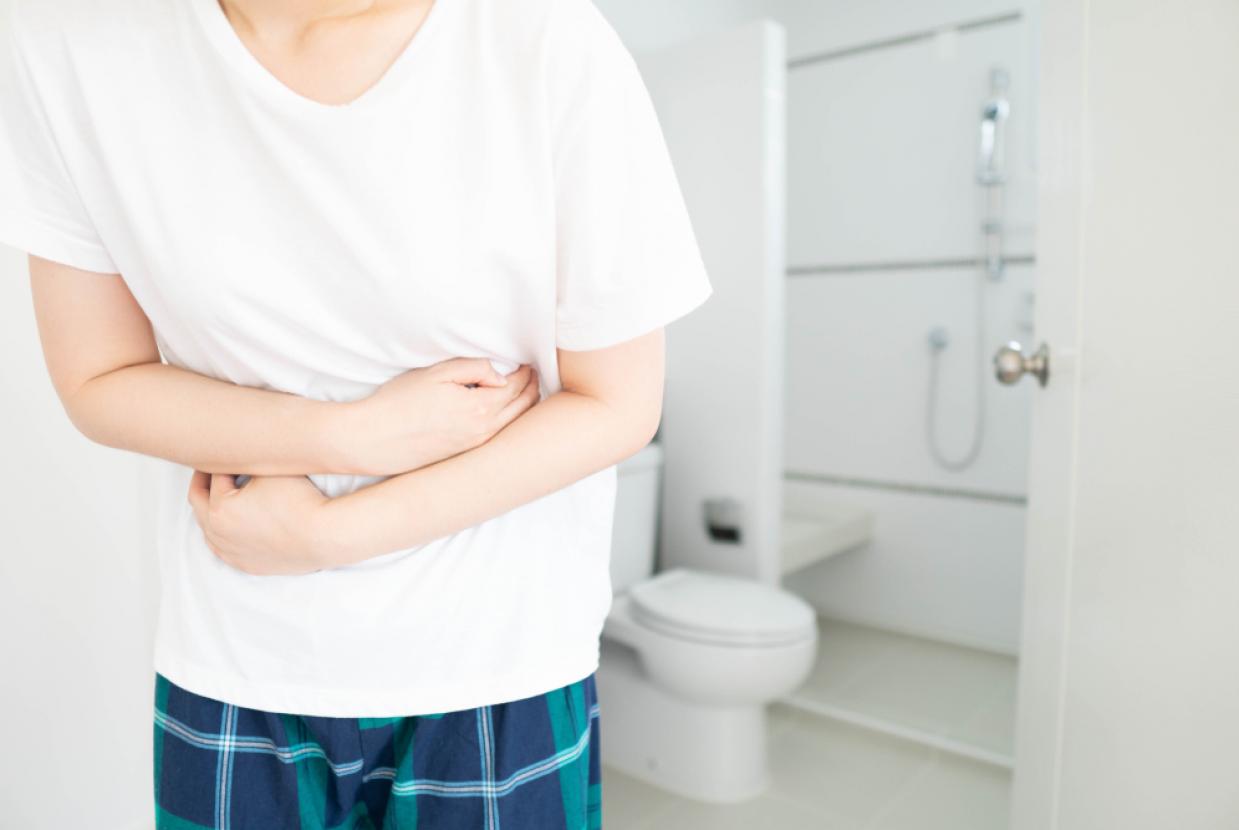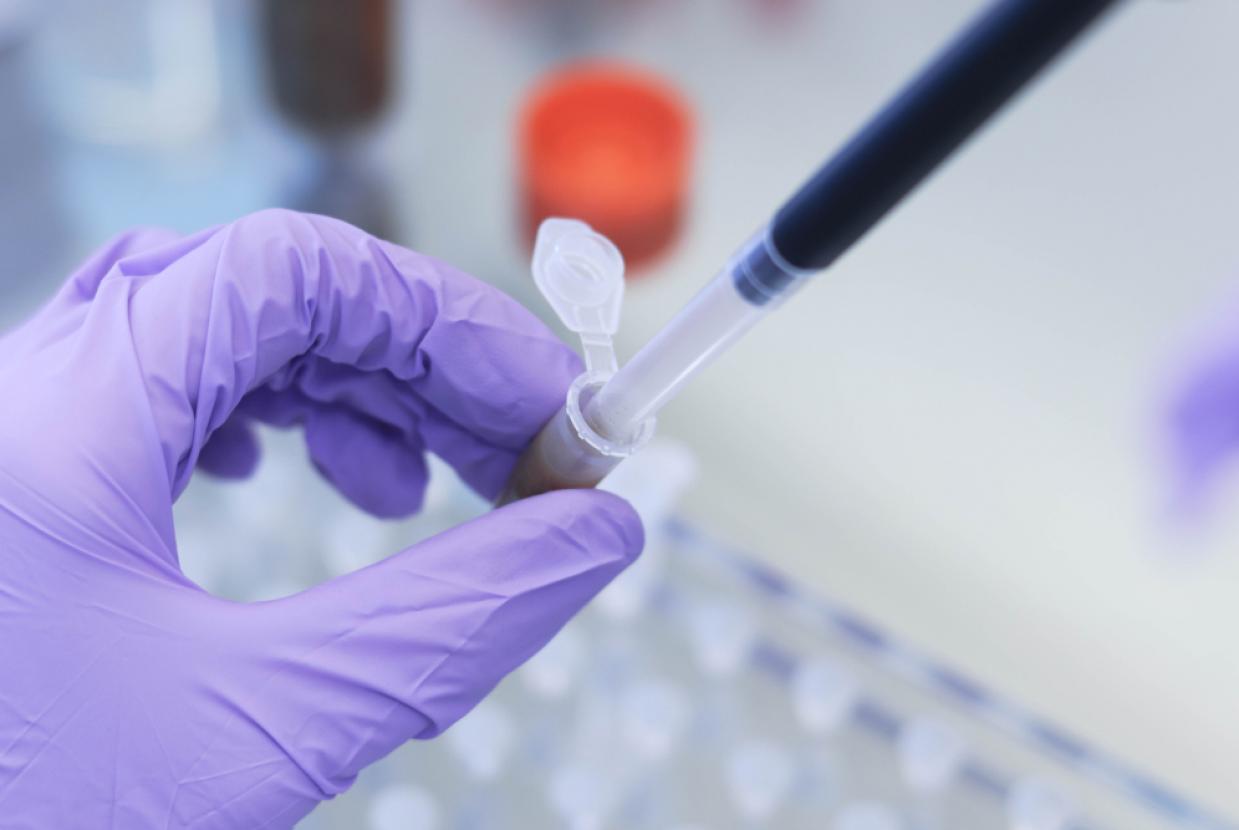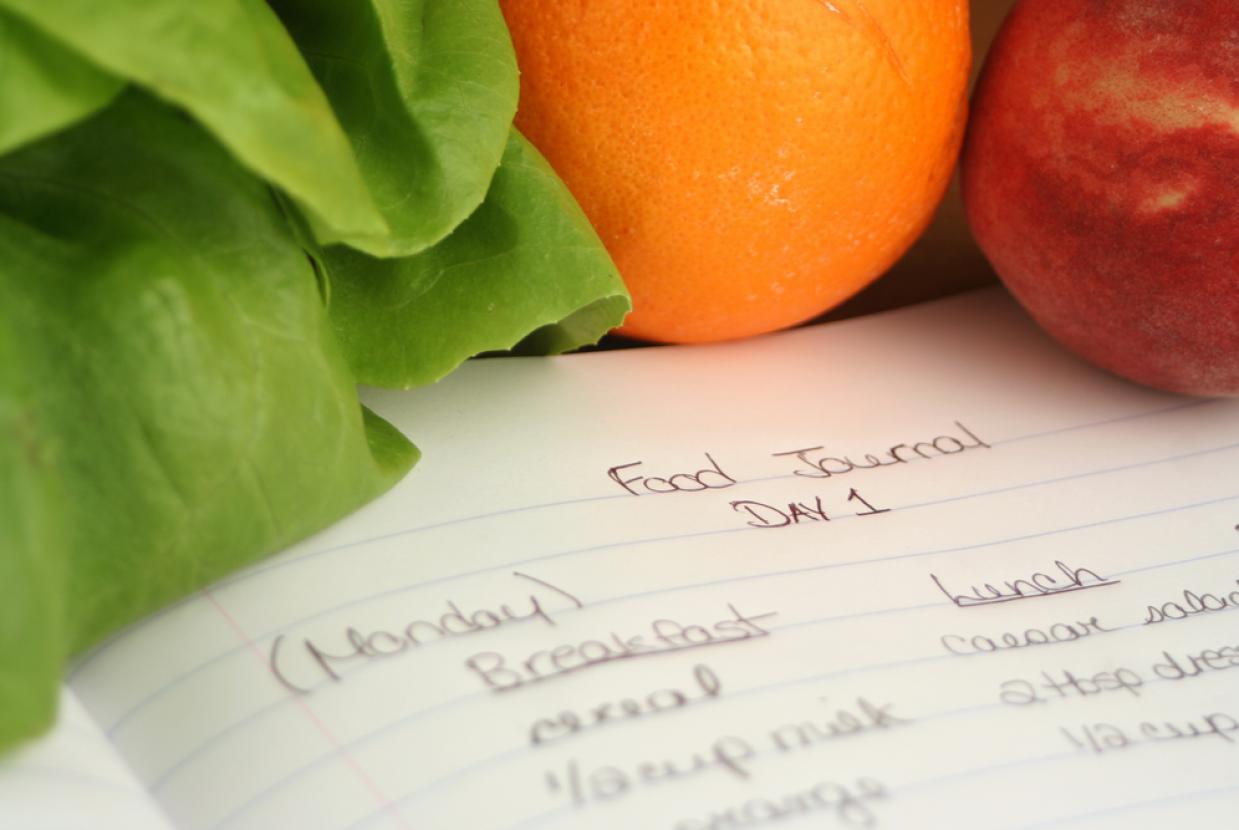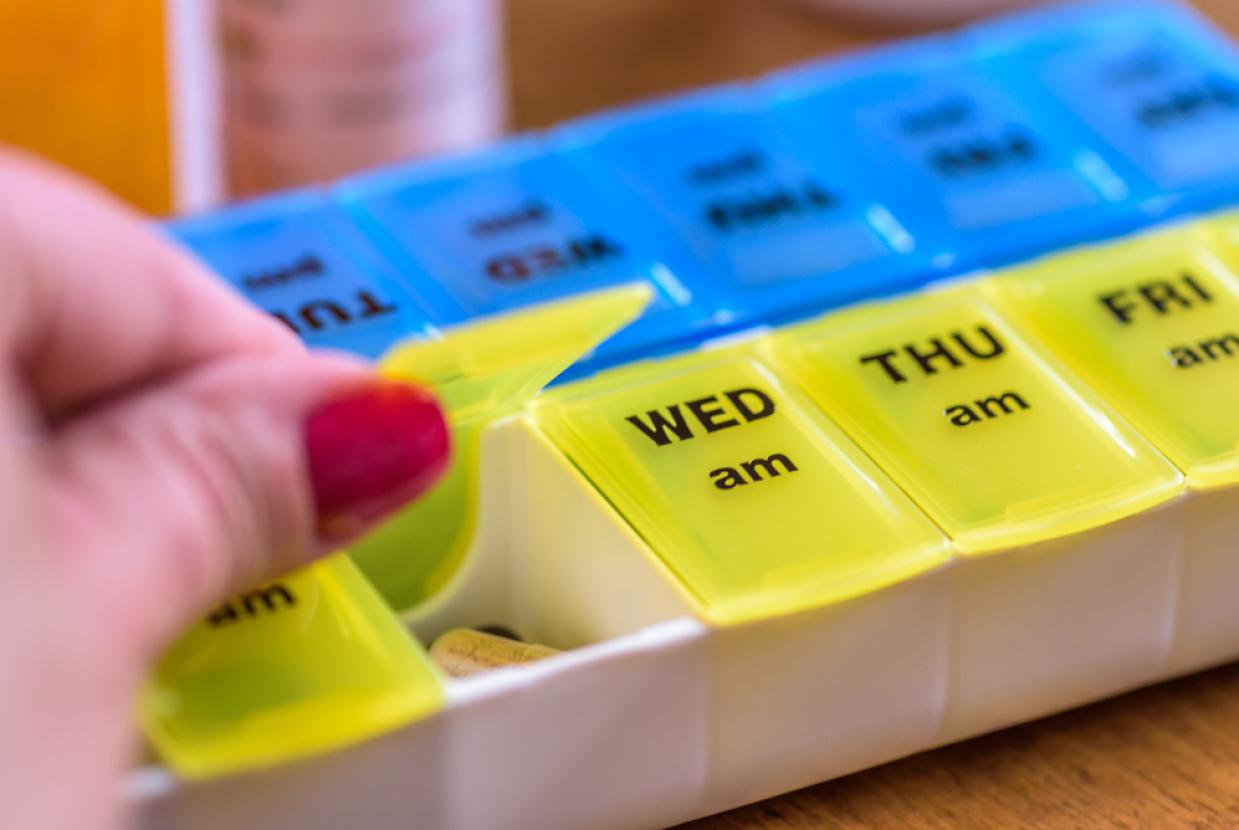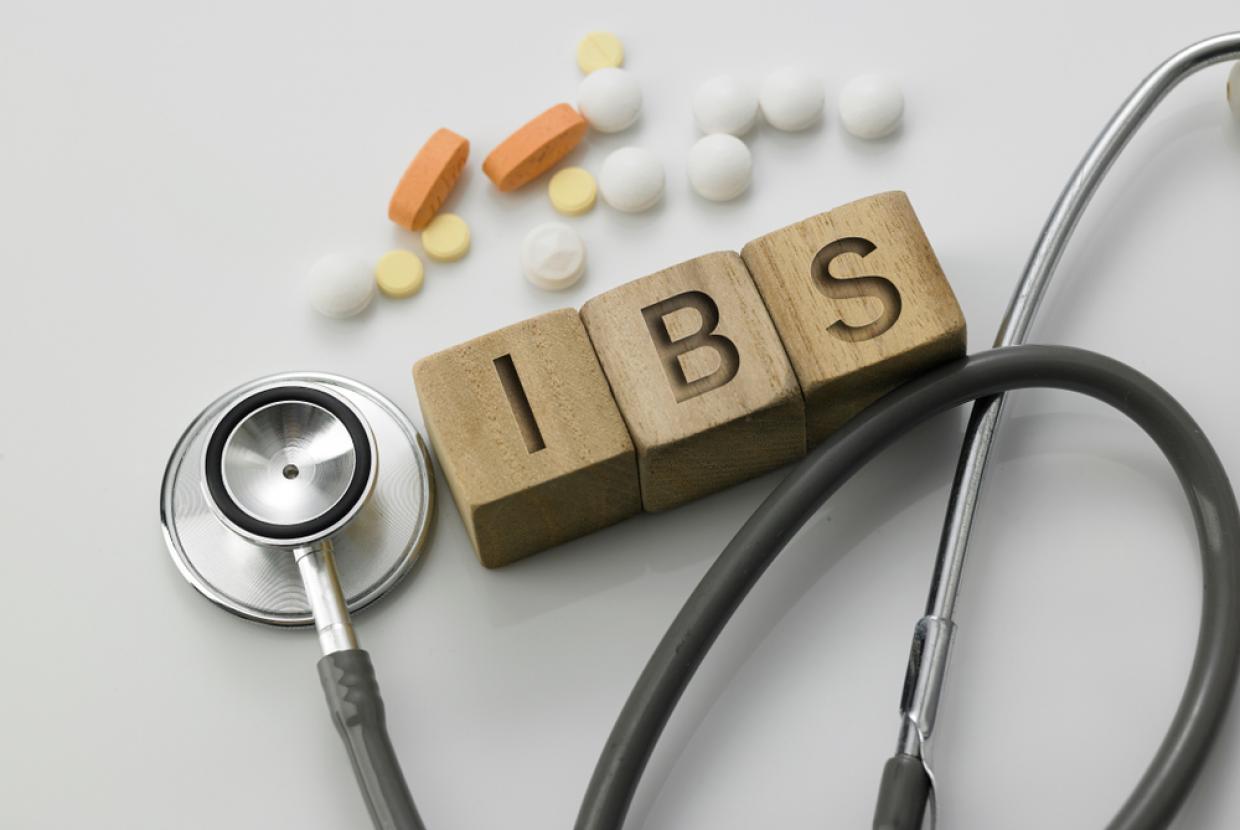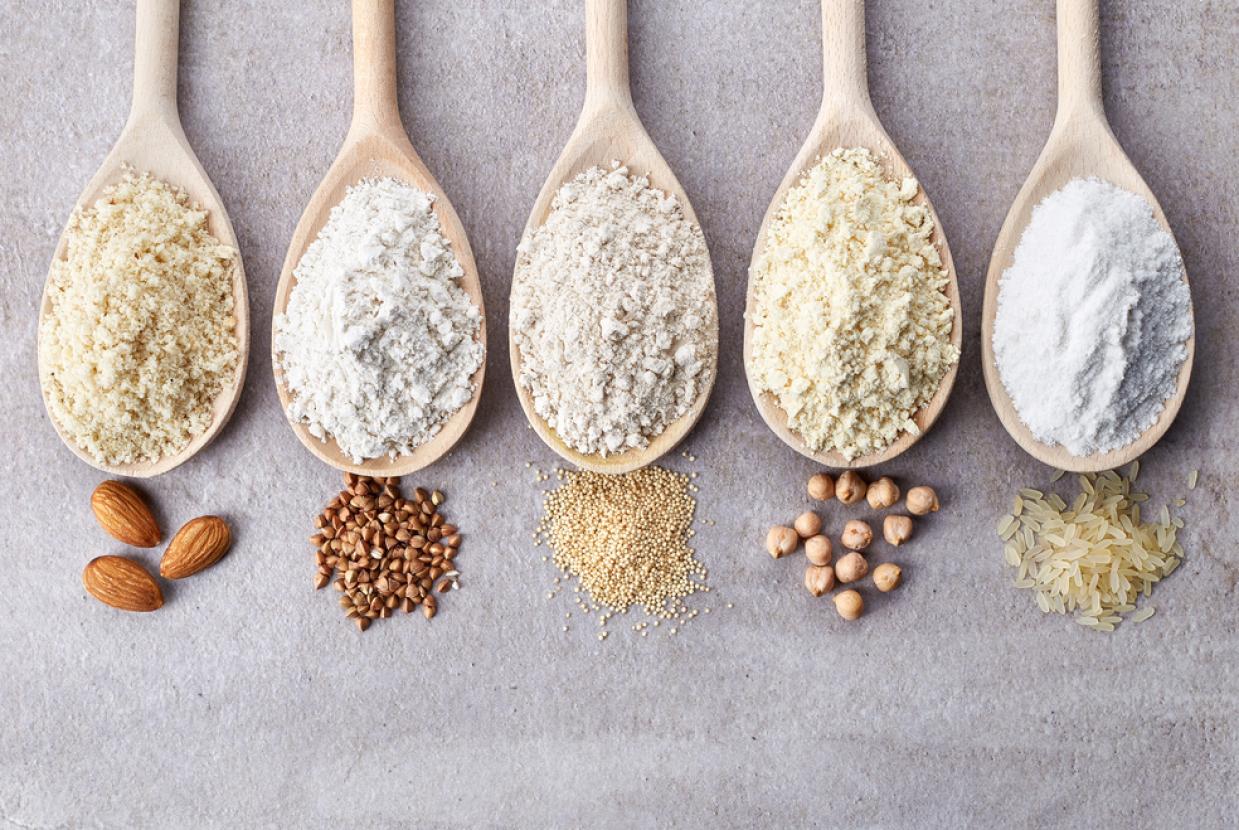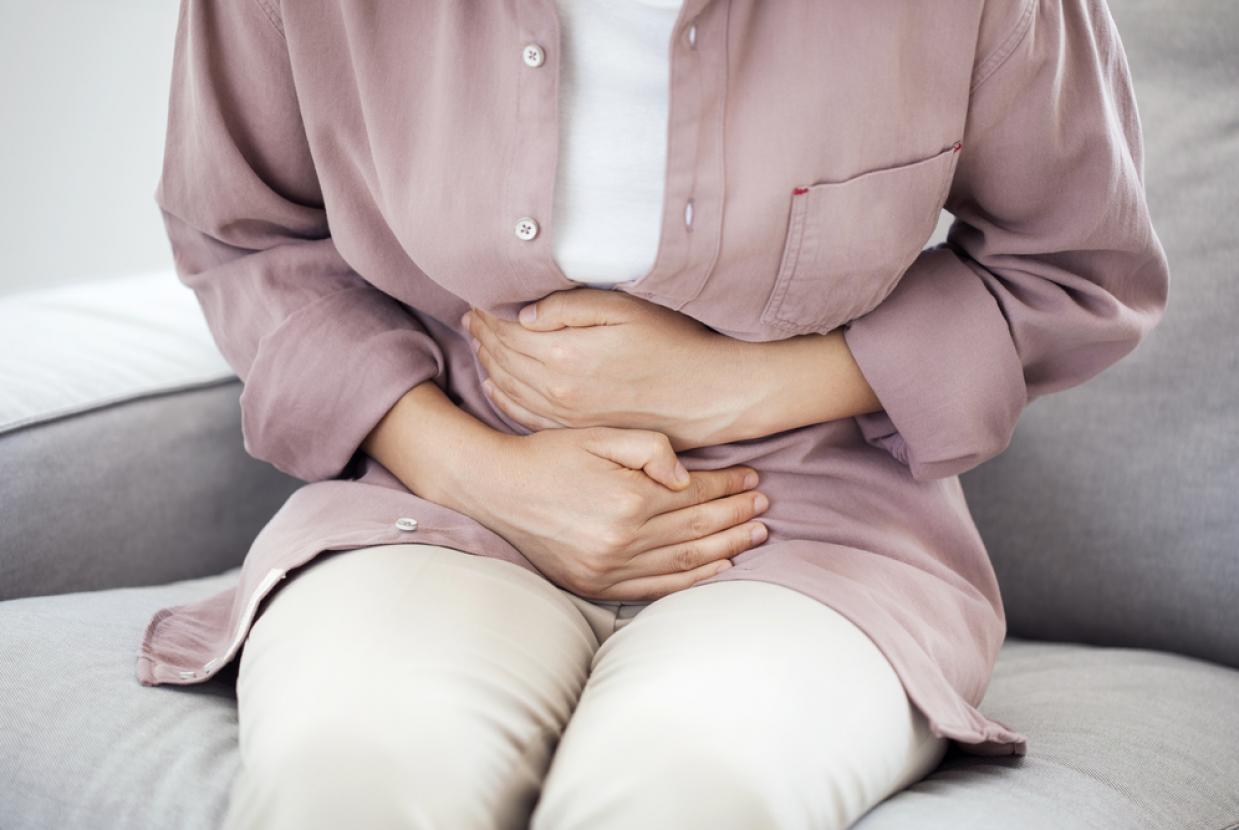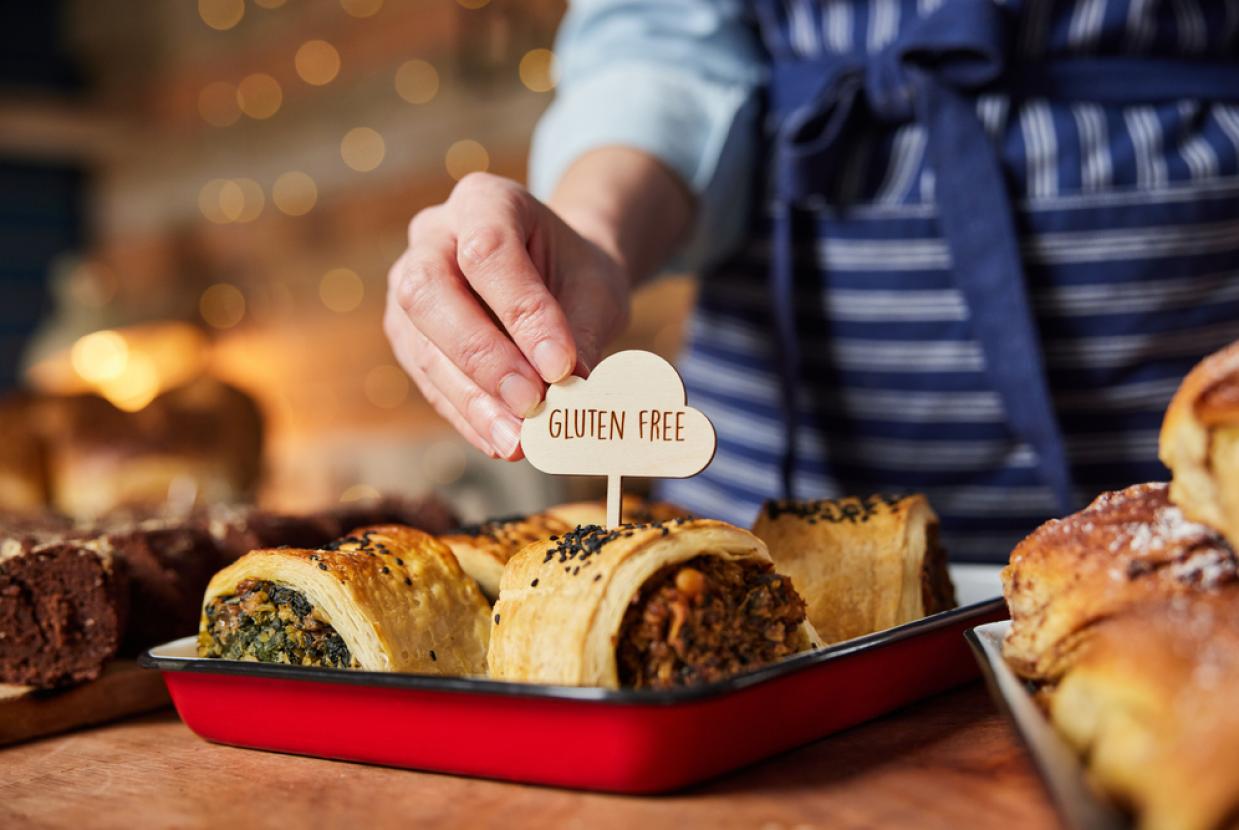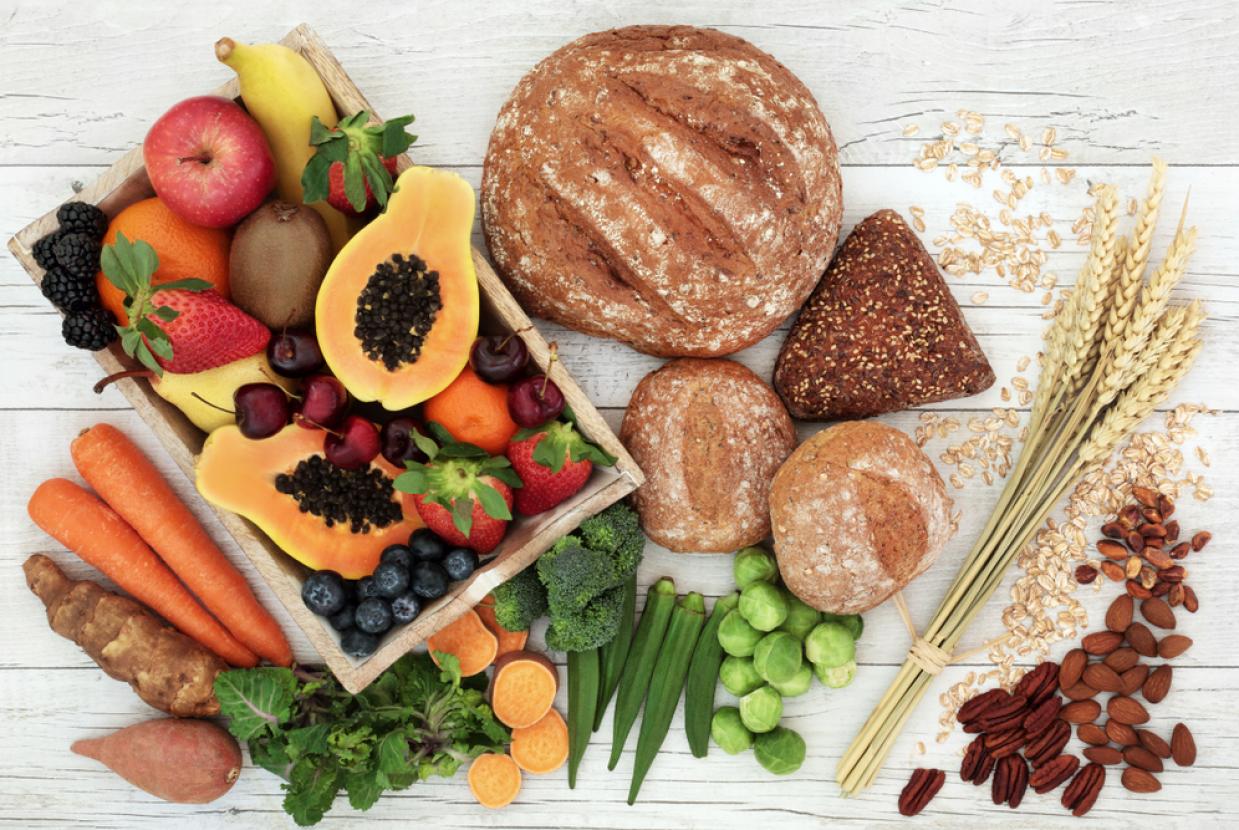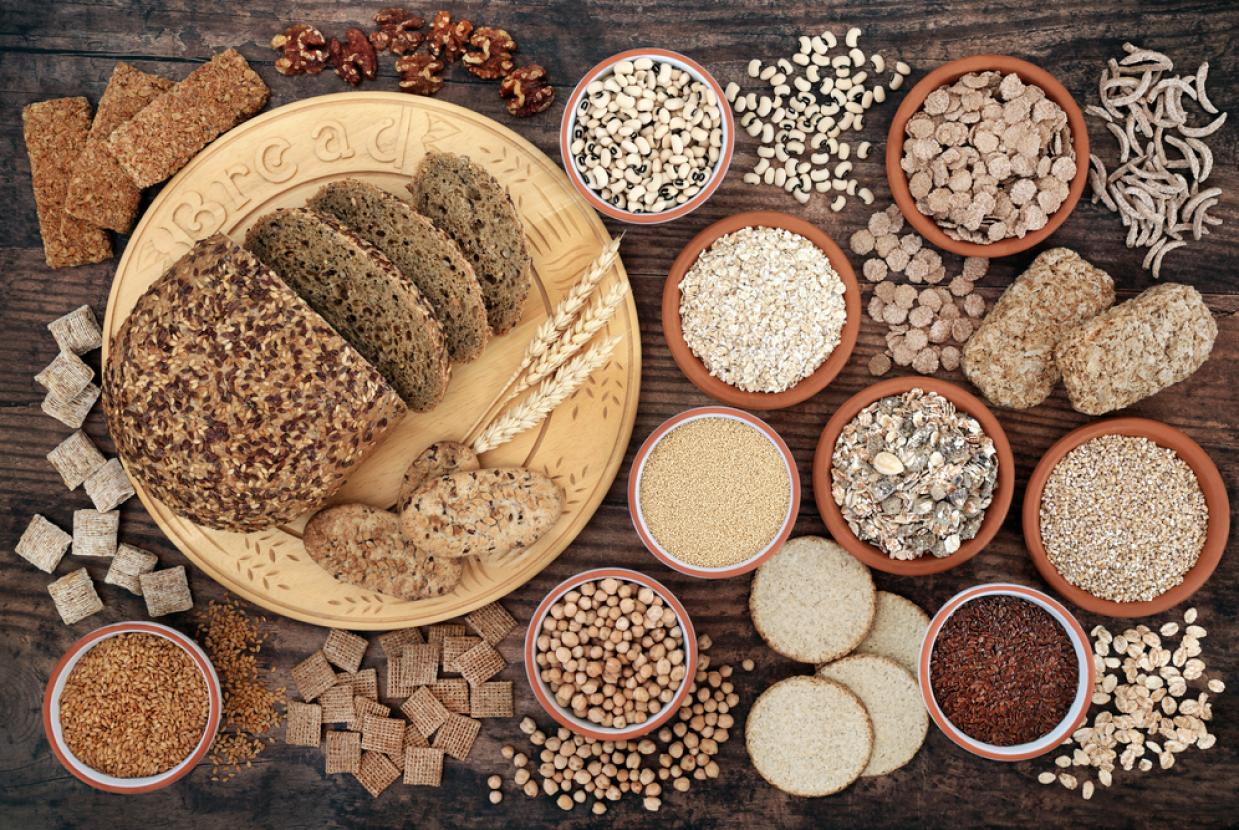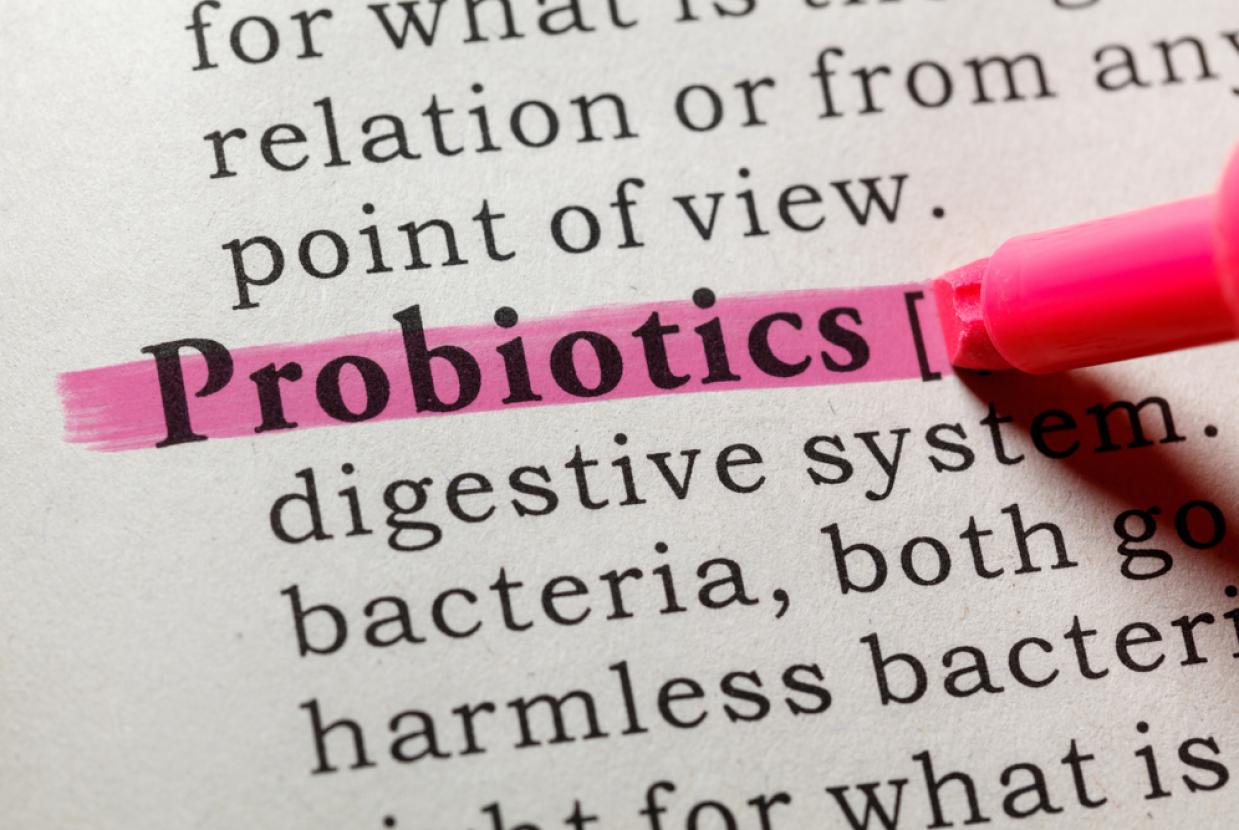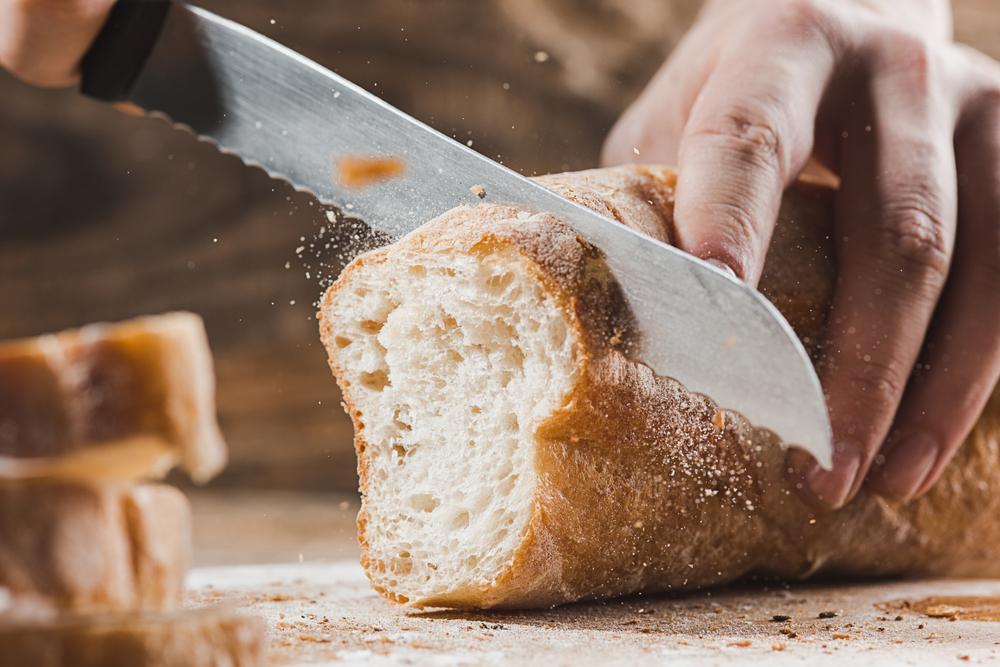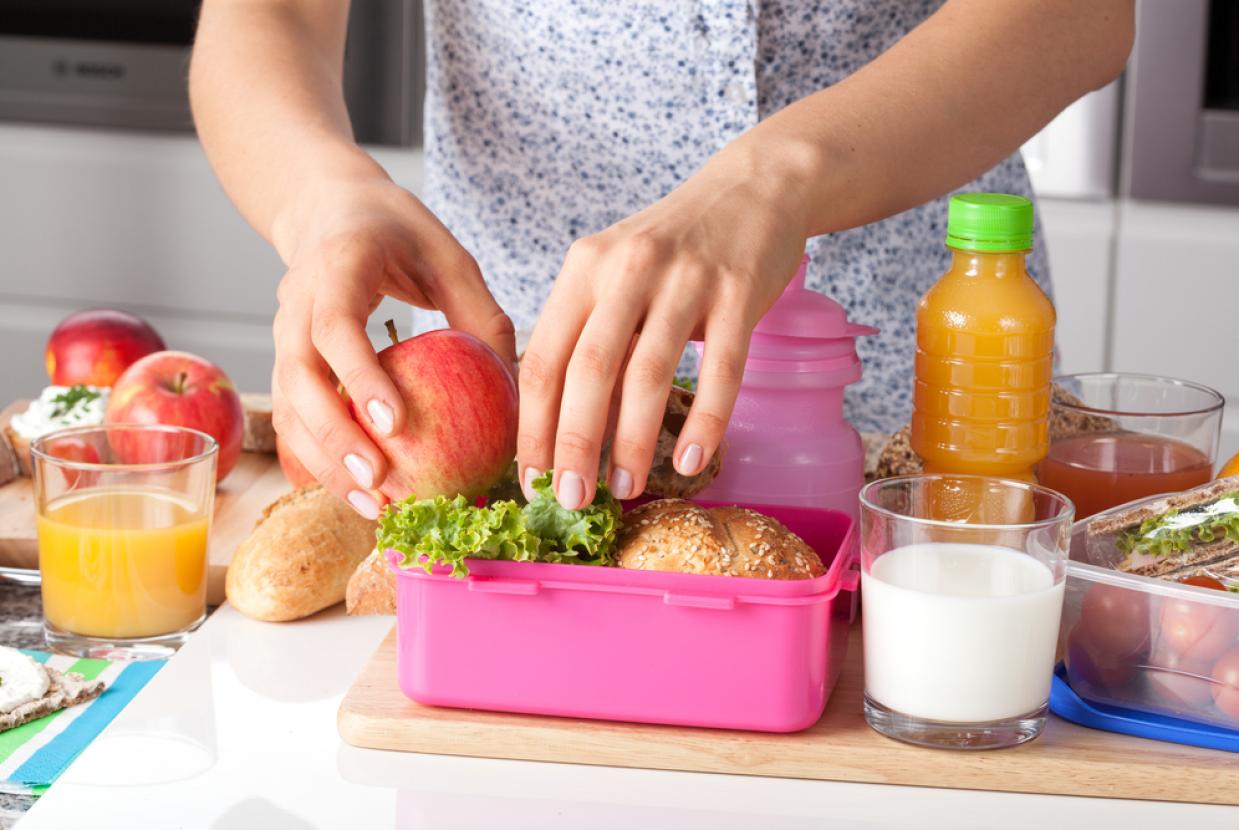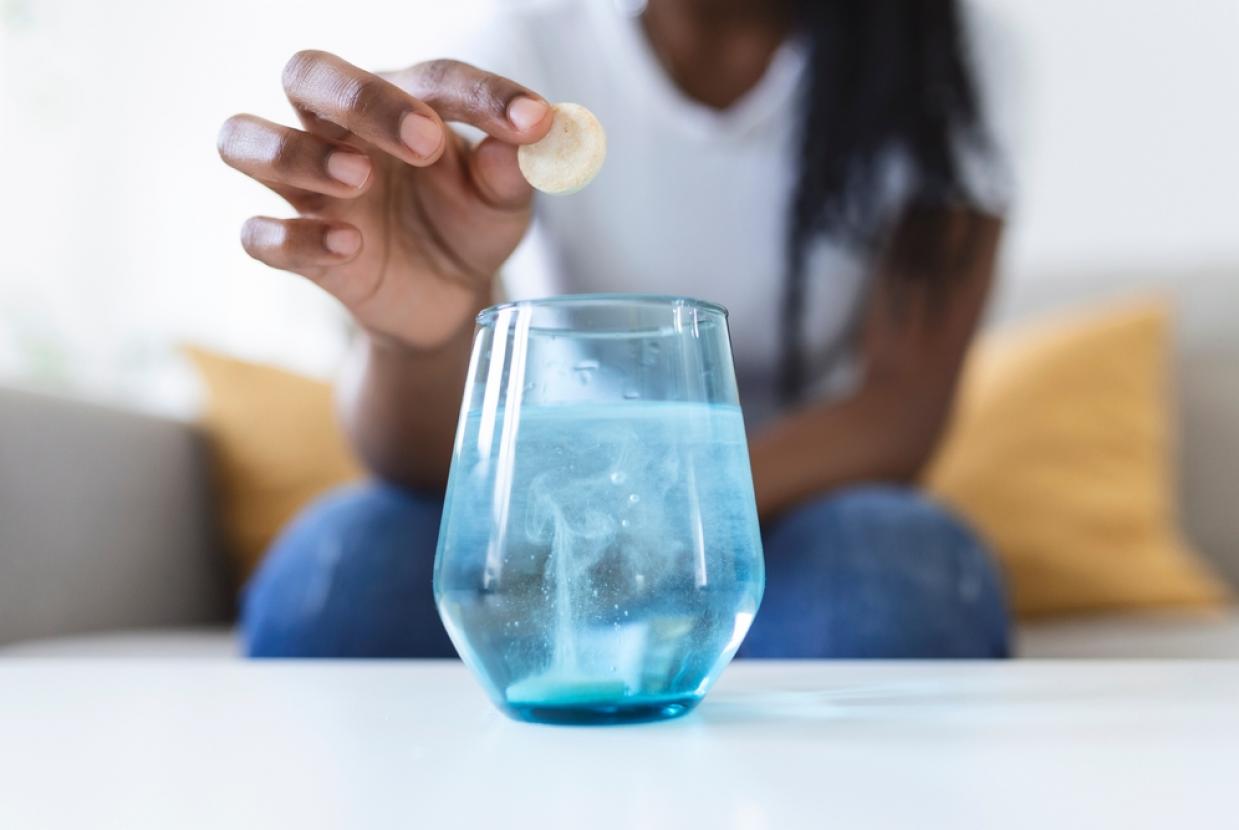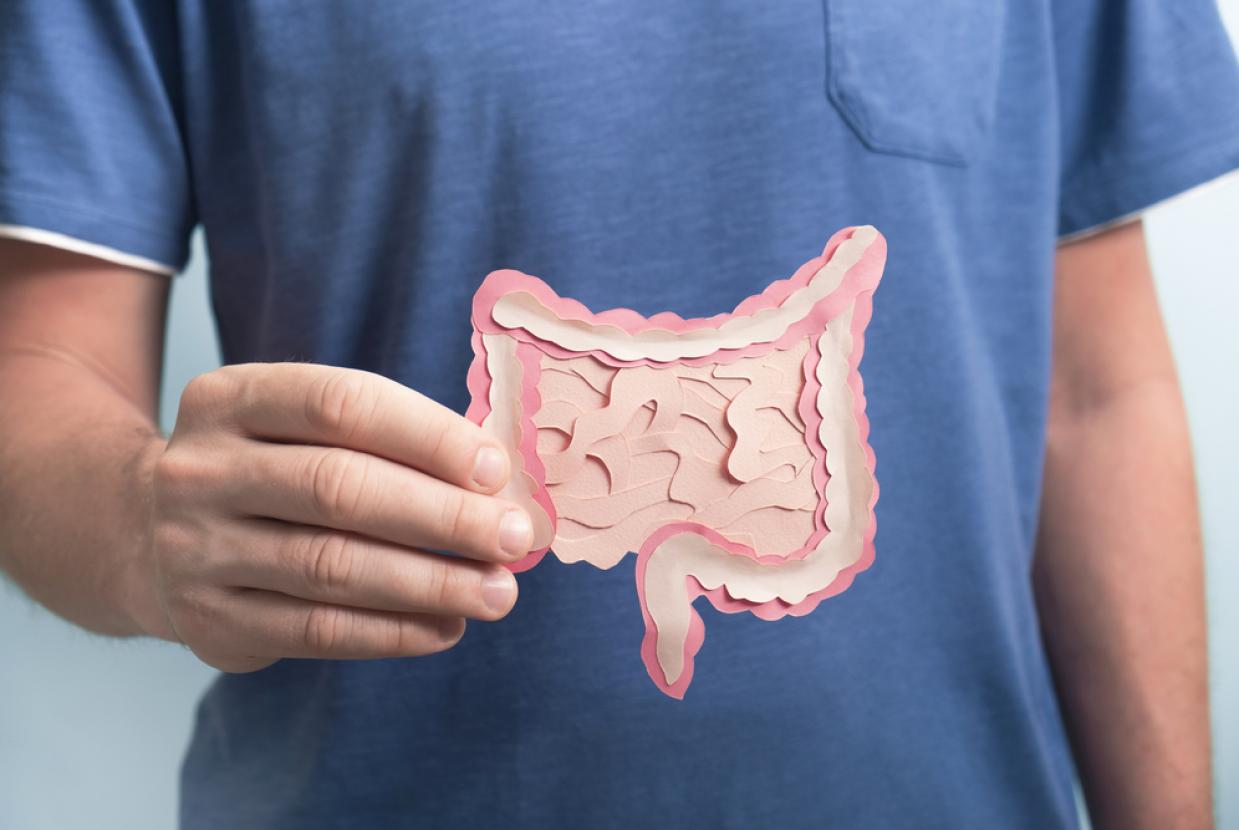Preventing Diverticular Disease
Eating a high-fibre diet may help prevent diverticular disease, and should improve your symptoms. Your diet should be balanced and include at least 5 portions of fruit and vegetables a day, plus whole grains. Adults should aim to eat 18g (0.6oz) to 30g (1.05oz) of fibre a day, depending on their height and weight.
It's recommended that you gradually increase your fibre intake over the course of a few weeks. This will help prevent side effects associated with a high-fibre diet, such as bloating and flatulence (wind). Drinking plenty of fluids will also help prevent side effects.
If you have established diverticular disease, it may be suggested that you avoid eating nuts, corn and seeds due to the possibility that they could block the diverticular openings and cause diverticulitis. People usually find out themselves if these foods cause symptoms. Probiotics have also been recommended, but evidence is lacking. Overall, there is a lack of good quality scientific evidence on how to prevent diverticular disease.
Sources of fibre
Good sources of fibre include
- fruit
- vegetables
- nuts
- breakfast cereals – but check fibre content as some are very low
- starchy foods – such as brown bread, rice and pasta
Once you have reached your fibre target, stick to it for the rest of your life, if possible.
Fresh fruit
Good sources of fibre in fresh fruit (plus the amount of fibre that is found in typical portions) include:
- avocado pear – a medium-sized avocado pear contains 4.9g of fibre
- pear (with skin) – a medium-sized pear contains 3.7g of fibre
- orange – a medium-sized orange contains 2.7g of fibre
- apple (with skin) – a medium-sized apple contains 2g of fibre
- raspberries – 2 handfuls of raspberries (80g) contain 2g of fibre
- banana – a medium-sized banana contains 1.7g of fibre
- tomato juice – 1 small glass of tomato juice (200ml) contains 1.2g of fibre
Dried fruit
Good sources of fibre in dried fruit (plus the amount of fibre found in typical portions) include:
- apricots – 3 whole apricots contain 5g of fibre
- prunes – 3 whole prunes contain 4.6g of fibre
Vegetables
Good sources of fibre in vegetables (plus the amount of fibre found in typical portions) include:
- baked beans (in tomato sauce) – a half can of baked beans (200g) contains 7.4g of fibre
- red kidney beans (boiled) – 3 tablespoons of red kidney beans contain 5.4g of fibre
- peas (boiled) – 3 heaped tablespoons of peas contain 3.6g of fibre
- French beans (boiled) – 4 heaped tablespoons of French beans contain 3.3g of fibre
- Brussel sprouts (boiled) – 8 Brussel sprouts contain 2.5g of fibre
- potatoes (old, boiled) – 1 medium-sized potato contains 2.4g of fibre
- spring greens (boiled) – 4 heaped tablespoons of Spring greens contain 2.1g of fibre
- carrots (boiled, sliced) – 3 heaped tablespoons of carrots contain 2g of fibre
Nuts
Good sources of fibre in nuts (plus the amount of fibre found in typical portions) include:
- almonds – 20 almonds contain 2.4g of fibre
- peanuts (plain) – a tablespoon of peanuts contains 1.6g of fibre
- mixed nuts – a tablespoon of mixed nuts contains 1.5g of fibre
- Brazil nuts – 10 Brazil nuts contain 1.4g of fibre
Breakfast cereals
Good sources of fibre in breakfast cereals (plus the amount of fibre found in typical portions) include:
- All-Bran – a medium-sized bowl of All-Bran contains 9.8g of fibre
- Shredded Wheat – 2 pieces of Shredded wheat contain 4.3g of fibre
- Bran Flakes – 1 medium-sized bowl of Bran flakes contains 3.9g of fibre
- Weetabix – 2 Weetabix contain 3.6g of fibre
- muesli (no added sugar) – 1 medium-sized bowl of muesli contains 3.4g of fibre
- porridge (milk or water) – 1 medium-sized bowl of porridge contains 2.3g of fibre
Note – the "own-brand" equivalents of the cereals mentioned above should contain similar levels of fibre.
Starchy foods
Good sources of fibre in starchy food (plus the amount found in typical portions) include:
- crispbread – 4 crispbreads contain 4.2g of fibre
- pitta bread (wholemeal) – 1 piece (75g) contains 3.9g of fibre
- pasta (plain, fresh-cooked) – 1 medium portion of pasta (200g) contains 3.8g of fibre
- wholemeal bread – 2 slices of wholemeal bread contain 3.5g of fibre
- naan bread – 1 piece of naan bread contains 3.2g of fibre
- brown bread – 2 slices of brown bread contain 2.5g of fibre
- brown rice (boiled) – 1 medium portion of brown rice (200g) contains 1.6g of fibre
Fibre supplements – usually in the form of sachets of powder you mix with water – are also available from pharmacists and health food shops. Some contain sweetener. A tablespoon of fibre supplement contains around 2.5g of fibre. If you require long-term fibre supplements, your GP can prescribe them.



